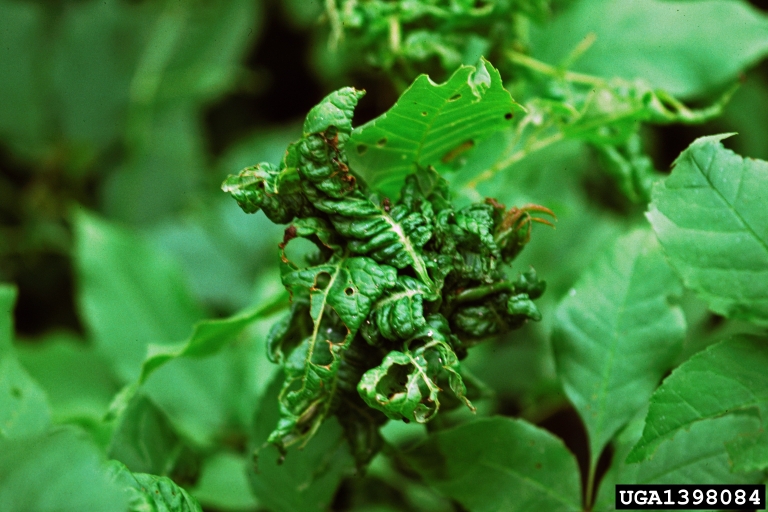Aphids are characterized by their little size and soft bodies, and they feed on the sap of many plants. They are frequently discovered in gardens, farms, and greenhouses. Aphids are available in a wide range of colors, including green, yellow, black, and red, and there are thousands of different species of aphids.
Aphids have a high rate of reproduction, and many different species can create many generations in just one season. They are frequently regarded as pests because they are capable of causing damage to plants by sucking the plant’s sap, which can cause the plant to become distorted or weaker, and by transmitting plant viruses. Honeydew is a sticky material that is secreted by certain species of aphids. Honeydew has been shown to attract other insects, such as ants, and to promote the spread of sooty mold.
Controlling aphid populations can be accomplished through several different approaches, such as:
- Monitoring: While plants are growing rapidly, check for aphids at least twice a week to catch infestations early and knock or hose them off or trim them off.
- Biological control: Natural enemies can help control aphids. Parasitic wasps, lady beetles, lacewing larvae, soldier beetles, and syrphid fly larvae are major enemies.
- Ant management: Aphids produce honeydew, which ants feed on. Ants protect aphids from predators. If ants are climbing aphid-infested trees or woody plants, wrap a band of sticky material (like Tanglefoot) around the trunk.
- Cultural control: Inspect nearby areas for aphid sources and prune and dispose of them. Never use excess nitrogen fertilizer since it promotes aphid reproduction. Silver-colored reflective mulches inhibit aphid-borne virus transmission in summer squash, melon, and other vulnerable vegetables. Remove weeds and mulch beds for reflective mulch. Strong water sprays can also eliminate aphids on sturdy plants. Dislodged aphids and their honeydew will wash away and they won’t be able to return to the plant.
- Chemical control: In most cases, insecticidal soaps and oils are ideal. Neem, canola, and petroleum-based horticulture oils can be used. These products suffocate aphids. Soaps, neem oil, and horticultural oil only kill aphids on the day they are sprayed. Foliar-applied malathion, permethrin, and acephate are alternative insecticides that can control aphids in the home garden and landscaping. These chemicals kill more aphids than soaps and oils, but they also kill natural enemies that control aphids and kill bees and cause environmental damage. Repetition may also cause material resistance. Systemic pesticides for woody ornamentals can control aphids. Imidacloprid is very effective for severe aphid infestations.


 1
1
